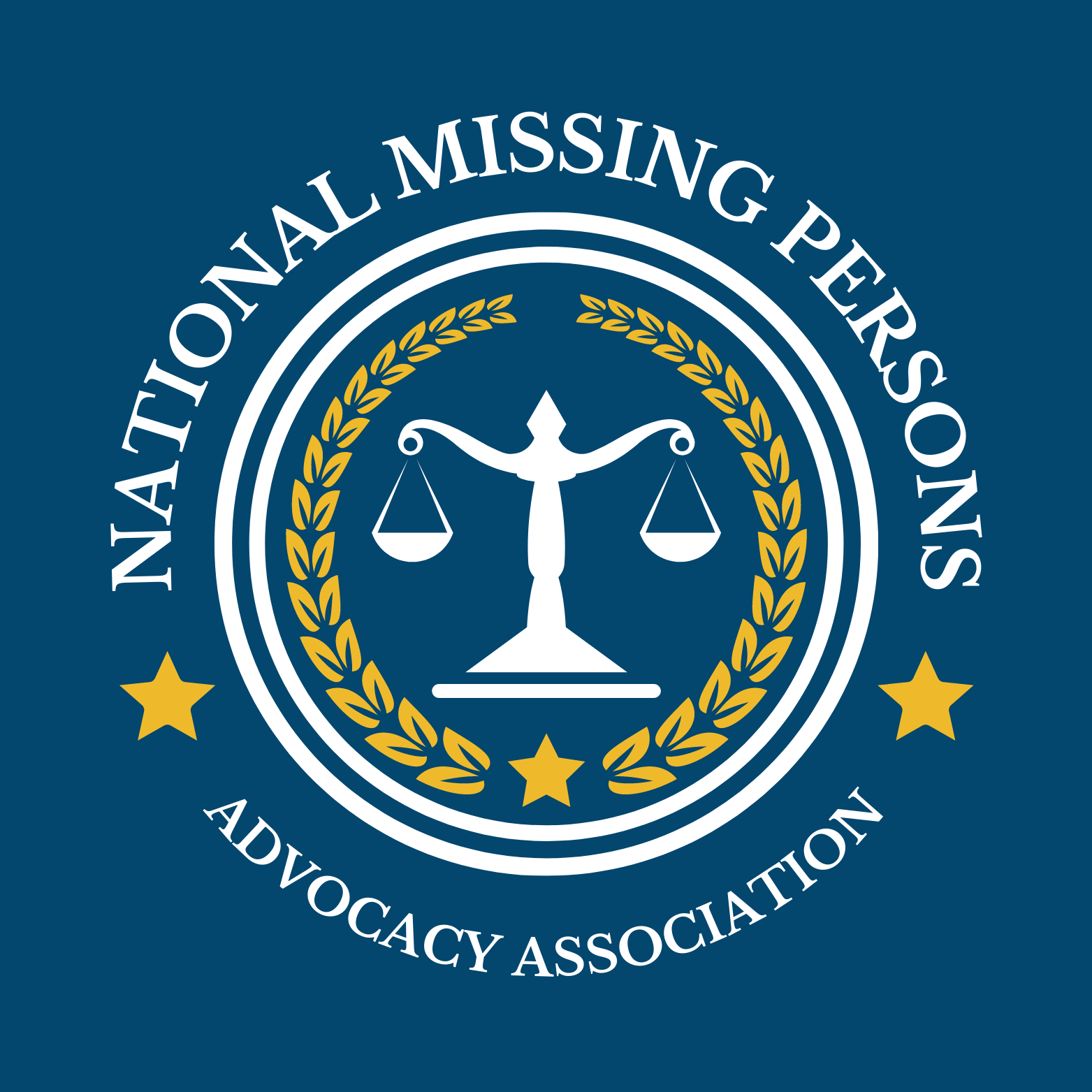
The Carlee Russell Kidnapping Hoax

In recent news, the shocking story of Carlee Russell’s alleged kidnapping has taken a disturbing turn. It has been revealed that the entire incident was a hoax, leaving many questioning the motives behind such an elaborate deception. Beyond the personal consequences for Carlee Russell, it is essential to examine how this fabrication can affect other missing persons of color, potentially eroding public trust and hindering future investigations.
The Carlee Russell Case:
Carlee Russell, a young woman of color, initially reported that she had been abducted by unknown assailants. The story gained widespread attention, triggering an outpouring of support from the community and a dedicated effort by law enforcement agencies to locate her. However, as the investigation unfolded, inconsistencies began to emerge, leading to a startling revelation: Carlee Russell had fabricated her own kidnapping.
The Impact of the Hoax:
This deceptive act by Carlee Russell has far-reaching consequences, particularly for future cases involving missing persons of color. The already-existing skepticism and lack of media attention surrounding missing individuals from marginalized communities can be further exacerbated by incidents like this. The public’s trust in the validity of such reports and the willingness to lend support may diminish, potentially leading to delayed or inadequate responses by law enforcement agencies.
Racial Disparities in Missing Persons Cases:
Historically, missing persons cases involving individuals of color have received less attention compared to those involving white individuals. This disparity has been attributed to various factors, including implicit biases within the media and law enforcement agencies. When a high-profile case like Carlee Russell’s turns out to be a hoax, it reinforces harmful stereotypes and prejudices, making it even more challenging for future cases involving missing persons of color to receive the attention and resources they deserve.
The Importance of Authenticity in Reporting:
The Carlee Russell case highlights the significance of authenticity and integrity when reporting incidents of missing persons. False reports not only divert resources from genuine cases but also undermine the trust between law enforcement agencies and the public. It is crucial for individuals to recognize the potential consequences of their actions before fabricating such stories, as the impact extends beyond their personal lives.
Rebuilding Trust and Ensuring Equitable Treatment:
To address the repercussions of hoaxes like Carlee Russell’s, it is essential to foster open dialogue and education around the complexities of missing persons cases, particularly those involving individuals from marginalized communities. Law enforcement agencies must work diligently to ensure equitable treatment and resource allocation for all missing persons, regardless of their race or background. Additionally, media organizations should strive for balanced and unbiased reporting, avoiding perpetuation of stereotypes.
Conclusion:
The Carlee Russell kidnapping hoax serves as a stark reminder of the potential consequences and negative impact that fabricated stories can have on genuine missing persons cases, especially those involving individuals of color. It is crucial for society to learn from such incidents and work towards building trust, fostering empathy, and ensuring equitable treatment for all missing persons. By doing so, we can create an environment that encourages the timely and thorough investigation of all cases, regardless of race or background, and bring solace to the families and communities affected by these tragedies.

